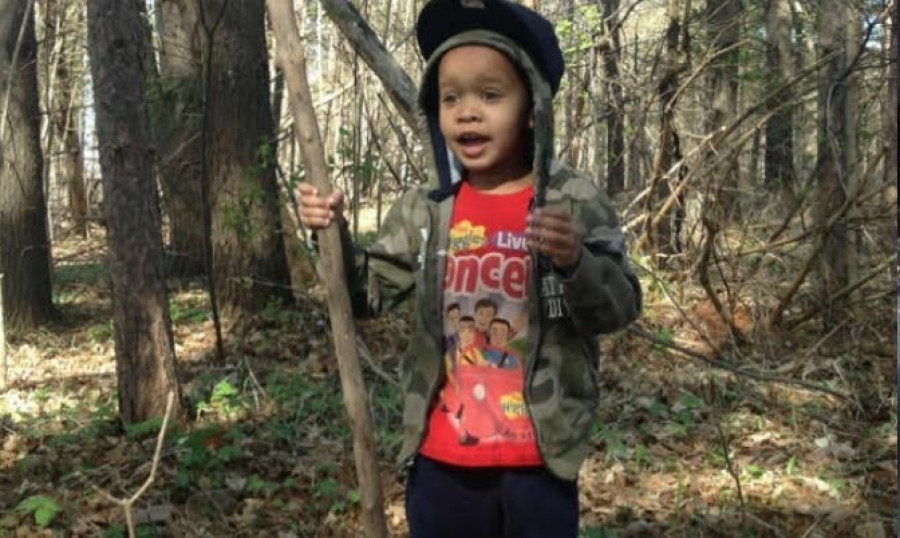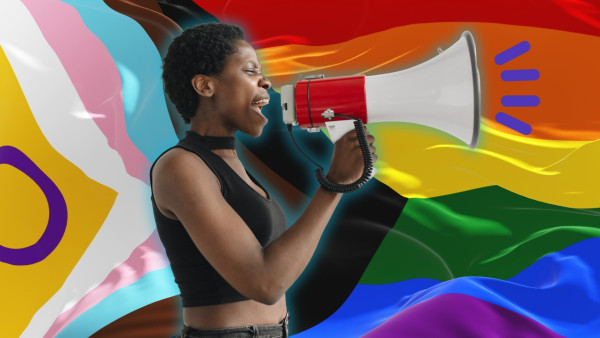It is a non-profit organization that has been operating in Toronto since May 2013. This program aims to reconnect kids with nature by providing them with the opportunity to experience adventure-play in natural outdoor spaces.
Being an athlete all his life, Mark Yearwood, Founder and Executive Director of K.I.W.I. spent a lot of time outdoors. During his activities, Yearwood had discovered that racial diversity had been lacking in participation within outdoor play.
Why did you decide to create Kids In the Woods Initiative?
“I had taken a trip to Whistler B.C. one summer, and when I returned to Toronto I wanted to continue with the activities I did while I was there, including hiking. I stumbled across Rouge Park and started hiking there regularly, year round. While I was on the trails there, I noticed that there weren’t many people using the park, and there certainly weren’t any kids out and about. Eventually, I began bringing my nephews with me to the park, and they loved it. They invited their friends along, and before I knew it, I had 5 - 6 kids with me. I then came across the book, Last Child In the Woods, by Richard Louv, that explains the concept of “nature deficit disorder” that is a result of the lack of play in nature. Since I had grown up playing in the woods, I decided that I would try and do something about it rather than just lamenting the fact that kids weren’t playing in nature. K.I.W.I. was born from that desire to give kids the opportunity to create wonderful memories playing in nature."
Why do you believe it is necessary for children of color to experience outdoor play?
“Outdoor play in nature has enormous benefits. In addition to the physical, emotional and developmental benefits, there is the importance of character building. Playing in the woods builds resilience and creative thinking. Adventure-play in the woods challenges children physically and frequently presents opportunities to problem solve in a very creative way. It is critical for children to be resilient in life, and we often watch kids in our program try something, fail, persist, and then find success at an activity."
There is also the aspect of “knowing” the land. In a county like Canada, that is so much about geography and weather, it is very important to have a relationship with the land to better understand, in large part, what Canada is about. Knowing, appreciating and loving the land you walk upon will make one a better citizen—as our Indigenous brothers and sisters understand so well. So, with all of these benefits, no child should be excluded, for any reason. Racialized children must not be excluded, and it is part of our mission to increase the participation rates of children of color in outdoor recreation."
What do you hope children will take away from their experiences at K.I.W.I.?
“Aside from having a ton of fun, our programs are designed to build resilience and independence. Kids in our programs learn about themselves, their peers, and the land. We want the kids to go home at the end of an adventure in the woods with an awesome story to tell their parents."
Why do you believe there is a lack of outdoor play and why do you think black children are less likely to get outdoors?
“I am writing a book on this subject of the decline of outdoor play in nature that we see in the current generation of children. There are many factors at work driving down participation rates in outdoor nature play. Parental choices, based on misapprehensions about safety of outdoor play, is a primary influencer. Also, people want to blame video games and the use of mobile devices, but that is more a symptom of the problem rather than a cause. I grew up playing video games and still spent plenty of time playing outside in nature. The lack of diversity is also a complex issue, with multiple factors driving behavior and the choices some families of color are making. There can be financial issues, a lack of tradition/experience with outdoor activities, or even proximity to green spaces. It can also be as simple as never having been invited to experience time in nature. The good news is that none of these “barriers” are insurmountable, and we are working hard at K.I.W.I. to make outdoor play in nature fully inclusive."
K.I.W.I. is a fairly new organization but as the years go on, they have accumulated many reputable community partners, including Earth Day Canada, Markham Public Library, and Kids Up Front Toronto. The organization has seen continued enrollment growth every year. K.I.W.I offers programs during the week after school, on weekends, school day trip programming and summer camps.










